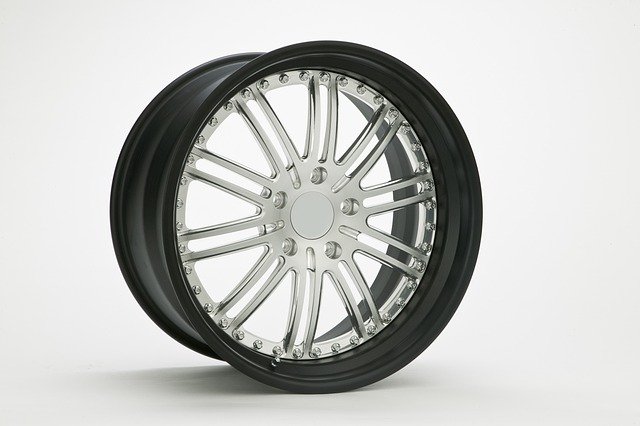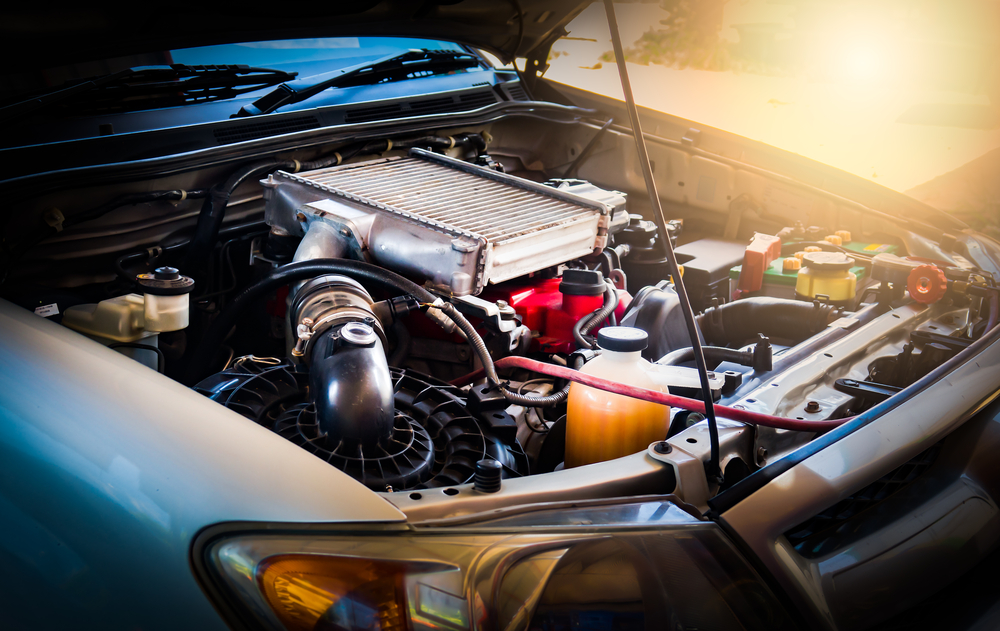Understanding Rims: A Comprehensive Guide to Their Importance and Varieties
Rims are a crucial component of any vehicle, serving not just as a foundation for tires but also as a significant factor in the aesthetics and performance of a car. Whether you are an automobile enthusiast or a casual driver, understanding the importance of rims can enhance your appreciation of vehicle dynamics and aesthetics.

Vehicle rims serve as the foundation for your tyres, bearing the weight of your car while enduring constant stress from road conditions, braking forces, and steering inputs. Beyond their structural function, rims significantly influence your vehicle’s appearance, fuel efficiency, and overall driving experience. The rim market offers diverse options ranging from standard steel variants to sophisticated alloy designs, each with distinct characteristics suited to different driving requirements and budgets.
What Are Wheels and Rims Packages?
Wheels and rims packages combine matching rims with compatible tyres, offering a convenient solution for vehicle owners seeking coordinated upgrades or replacements. These packages ensure proper fitment, as suppliers verify that rim diameter, width, bolt pattern, and offset specifications align with tyre dimensions and vehicle requirements. Purchasing packages often provides better value than buying components separately, as retailers bundle products at competitive rates. Complete packages eliminate the guesswork involved in matching components, reducing the risk of compatibility issues that could affect vehicle safety or performance. Many suppliers offer seasonal packages, pairing all-weather or winter tyres with appropriate rims designed to withstand specific environmental conditions.
Finding Quality Rims for Sale
The market for rims spans various retail channels, from specialist automotive shops to online marketplaces and manufacturer-direct outlets. When searching for rims for sale, consider factors including material composition, manufacturing quality, warranty coverage, and compliance with safety standards. Reputable retailers provide detailed specifications, including load ratings, recommended tyre sizes, and vehicle compatibility information. Original equipment manufacturer rims guarantee perfect fitment but typically command premium prices, while aftermarket alternatives offer broader style selections at varied price points. Inspect rims carefully for manufacturing defects, proper finishing, and accurate labelling before purchase. Certification marks indicating compliance with standards such as those set by the Vehicle Certification Agency ensure products meet minimum safety requirements for UK roads.
Aluminum Alloy Rims: Lightweight Performance
Aluminum alloy rims represent a popular upgrade from traditional steel options, offering significant weight reduction without sacrificing structural integrity. These rims typically weigh 30 to 40 percent less than equivalent steel versions, reducing unsprung mass and improving suspension responsiveness, acceleration, and braking performance. The manufacturing process for aluminum alloy rims involves casting or forging aluminum with small quantities of other metals like magnesium, silicon, or copper to enhance strength and durability. The lighter weight contributes to improved fuel economy, as the engine requires less energy to rotate the wheels. Aluminum alloy rims also dissipate heat more effectively than steel, helping maintain optimal brake temperatures during demanding driving conditions. Their corrosion resistance makes them particularly suitable for UK weather conditions, where road salt and moisture exposure pose ongoing challenges.
Exploring Different Types of Alloy Rims
Alloy rims encompass various manufacturing techniques and design philosophies, each offering distinct advantages. Cast alloy rims, produced by pouring molten metal into moulds, represent the most common and affordable option, providing good strength-to-weight ratios suitable for everyday driving. Flow-formed or flow-forged rims undergo additional processing after casting, stretching and compressing the barrel section to increase strength while reducing weight, offering performance approaching forged rims at intermediate prices. Forged alloy rims, created by applying extreme pressure to solid aluminum billets, deliver maximum strength and minimum weight, making them ideal for high-performance applications though at premium costs. Split-rim designs allow for easier tyre mounting and customization but require careful maintenance to prevent air leaks at joining surfaces. Multi-piece rims offer extensive customization possibilities, enabling owners to mix different finishes and profiles, though they demand regular inspection of fastening components.
Important Considerations When Buying Rims
Buying rims requires careful attention to technical specifications and compatibility factors that directly affect vehicle safety and performance. The bolt pattern, expressed as the number of bolt holes and the diameter of the circle they form, must match your vehicle’s hub exactly. Offset measurement, indicating how far the mounting surface sits from the rim’s centerline, affects wheel positioning within the wheel arch and influences steering geometry and suspension loading. Incorrect offset can cause tyres to rub against bodywork or suspension components, creating safety hazards and premature wear. Centre bore diameter must match or exceed your vehicle’s hub size, with hub-centric rings used to adapt larger centre bores for proper centering. Load ratings indicate the maximum weight each rim can safely support, and selecting rims with inadequate ratings risks catastrophic failure. Width specifications affect tyre fitment and handling characteristics, with wider rims generally supporting wider tyres that provide increased grip but may reduce fuel efficiency.
Rim Pricing and Market Overview
Rim prices vary considerably based on material, manufacturing method, brand reputation, and design complexity. Standard steel rims typically range from £40 to £80 per unit, offering economical solutions for basic transportation needs. Entry-level cast alloy rims generally cost between £60 and £150 each, providing aesthetic improvements and modest performance gains. Mid-range alloy options, including flow-formed designs and recognized aftermarket brands, typically fall within £150 to £300 per rim. Premium forged alloy rims and designer brands command prices from £300 to over £1,000 per unit, targeting performance enthusiasts and luxury vehicle owners. Complete wheels and rims packages, including tyres, generally range from £400 to £2,000 for a set of four, depending on component quality and size specifications.
| Rim Type | Typical Price Range (per rim) | Key Characteristics |
|---|---|---|
| Steel Rims | £40 - £80 | Durable, economical, heavier weight |
| Cast Alloy Rims | £60 - £150 | Lighter than steel, varied designs |
| Flow-Formed Alloy | £150 - £300 | Enhanced strength, reduced weight |
| Forged Alloy Rims | £300 - £1,000+ | Maximum strength, minimum weight |
Prices, rates, or cost estimates mentioned in this article are based on the latest available information but may change over time. Independent research is advised before making financial decisions.
Maintaining Your Rims for Longevity
Proper rim maintenance extends service life and preserves appearance while ensuring continued safe operation. Regular cleaning removes brake dust, road grime, and corrosive substances that can damage protective finishes and underlying materials. Use pH-neutral cleaners specifically formulated for rim materials, as harsh chemicals can strip coatings or cause discoloration. Inspect rims periodically for cracks, bends, or corrosion, particularly after impacts with potholes or curbs. Even minor damage can compromise structural integrity, potentially leading to sudden failure at speed. Check and maintain proper tyre pressure, as under-inflation increases rim stress and risks damage from impacts. Rotate wheels according to manufacturer recommendations to ensure even wear patterns. When storing seasonal rims, clean them thoroughly, apply protective coatings if appropriate, and store in cool, dry locations away from direct sunlight to prevent degradation of materials and finishes.
Understanding rims empowers vehicle owners to make informed decisions about upgrades, replacements, and maintenance. Whether prioritizing performance, aesthetics, or value, the diverse rim market offers options suited to virtually any requirement and budget, ensuring your vehicle operates safely while reflecting your personal preferences.




